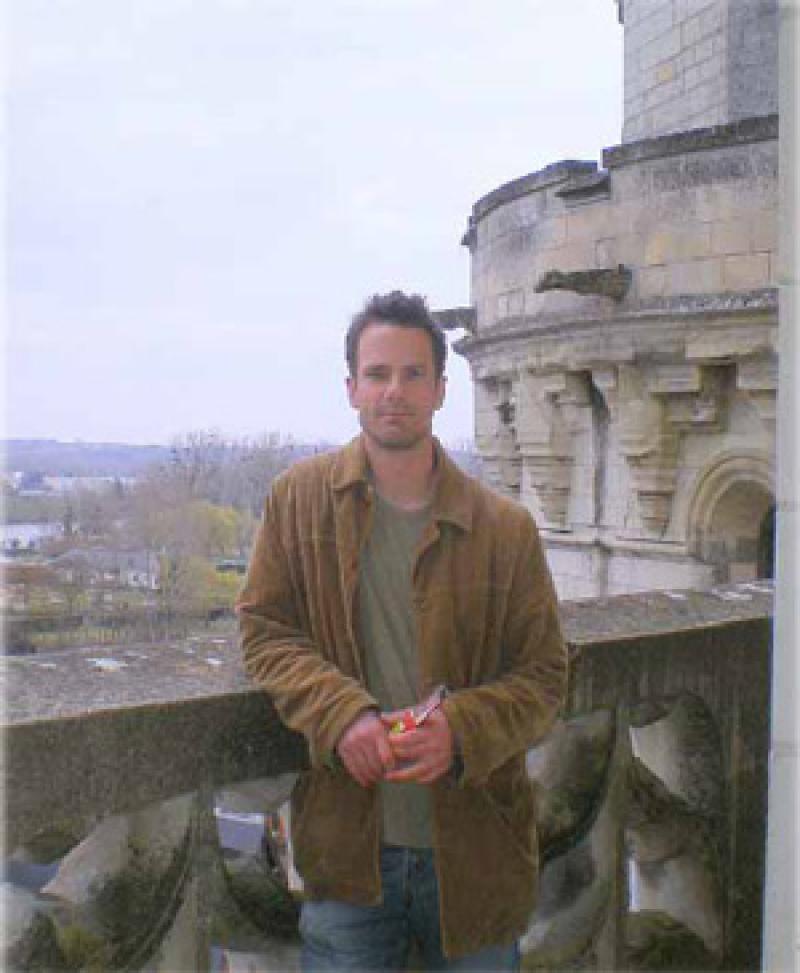Dr. Michael Gott (2002)
Re‐charting French Space: Transnationalism, Travel and Identity from the Postcolonial Banlieue to post‐Wall Europe

This is a good time for the second lesson of this informative article: taking a break from school before starting graduate studies is highly recommended. If I could do it over again, I would not have enrolled directly in grad school after finishing my BA. Graduate studies can be very intense and stressful, and I personally believe that working in the "real world" for a while is a great thing to do (many graduate schools also tend to agree).
This applies particularly to doctoral studies, which can take up to six years to complete. I started back in a PhD program after three years off and was ready to go and had a clearer idea of my research goals. I defended my dissertation in December, 2010 at the University of Texas, Austin. My degree is in French and European Studies and I also studied Czech. I was again able to go abroad as part of my program, spending the 2009-2010 academic year teaching at Paris 13 University and the summer of 2009 at the University of Brno on a FLAS fellowship. My dissertation is a cultural history of artistic responses to contemporary identity politics in France and is entitled "Re-charting French Space: Transnationalism, Travel and Identity from the Postcolonial Banlieue to post-Wall Europe" (believe me, this is no more abstruse than most dissertation titles). I am now experiencing the very tight academic job market for the first time and working on what will be my first published project, co-editing a collection on identity in post-1989 French road movies (aptly entitled Transnationalism, Mobility and New Migrations in the Contemporary French-Language Road Movie) that is due to appear with Intellect press in 2012.
Free advice that you did not ask for but will be glad to have: When looking into graduate programs, find out what their summer funding options are. Many elite private schools now give automatic summer funding and expect their students to use it to prepare for MA or qualifying exams or to sit on the beach reading Camus. At many state schools, there are limited options for summer funding and students have to apply to teach or work with a study abroad program or find an off-campus job. Often these positions are not available to first-year students (especially those on fellowship), so planning ahead is essential. Summer is a good time to complete additional language requirements and many schools have funding for summer FLAS grants to study languages that you may need for research or as part of your program."
